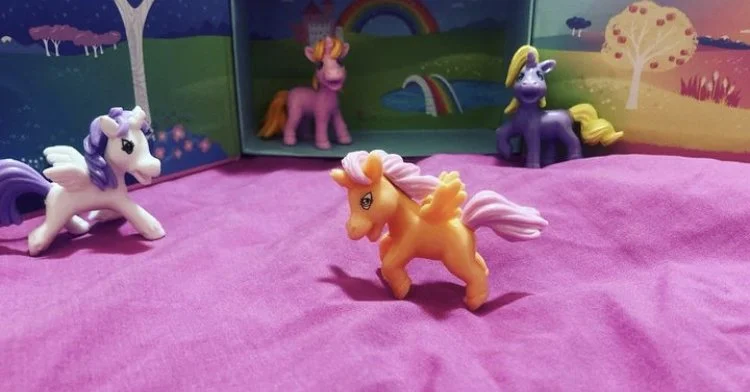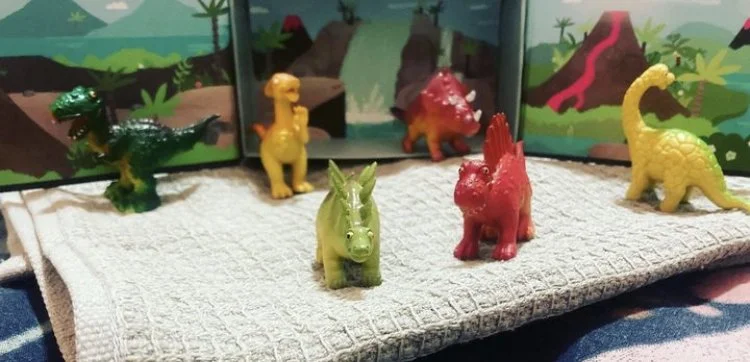Frequently asked questions
What does a Play Therapy treatment plan look like for my child?
To start with, Beck will book in a play therapy intake with you and/ or your child’s other parent/ caregiver without your child being present. This can be completed online (via Zoom) to accommodate busy schedules, or it can be done in your home, with Beck, in person.
Research has revealed that a child can work through a lot of thoughts they have been having trouble processing and integrating into their psyche within eighteen to twenty-two therapeutic play sessions. For this reason, Beck will always recommend an initial fifteen-week block of play therapy sessions. This block consists of 3 x therapeutic rapport building sessions and an initial 12-week block of weekly play therapy sessions for your child. Beck advises that the appointments are scheduled as weekly appointments in order for Beck to build therapeutic rapport swiftly and for your child to begin to delve deeply into the challenging thoughts they require support processing and integrating into their psyche.
At about the ten-week mark, Beck will book in a parent review to gauge a sense of how you are feeling your child is progressing and where you would like to head from there. Beck will give her recommendations and guidance but will also respect your wishes as to whether you would like to continue or cease play therapy support once the initial twelve sessions are up.
How long are sessions?
Beck usually recommends that a therapeutic play session goes for 45 minutes. If she notices this is too long for your child, she can reduce the time to 30 minutes and then gradually build it up to the 45-minute mark.
Do I stay with my child for the sessions?
Play Therapy is paediatric psychotherapy so needs to be conducted in a 1:1 capacity. Beck is more than happy to build rapport in the first two sessions with you being present if your child needs that support but, from there, she will need a guaranteed 1:1 setting.
Where does my child see Beck?
Beck is a roaming Registered Play Therapist, and also has a clinic in Kotara. If appropriate, she can see your child in your home, at day-care, preschool or school (if the location can offer her a private space to work with your child). Otherwise, if clinic will be suitable to the intervention your child requires then Beck will recommend clinic visits.
If I am not in the session, how will I know how my child is going?
Beck will send through progress notes after every session so that you can read about how your child is doing during their therapeutic play journey. Due to confidentiality, Beck will not go into too much detail about the actual play your child does but will talk about play therapy stages, themes and correlating internal statements to help you learn how they are going.
What will happen if they say something that needs to be addressed in terms of their personal safety?
Beck follows the United Nations Convention on the Rights of the Child above all and will always maintain transparency if there are any child protection issues that arise during sessions. The way that Beck can go about gaining assent to share this information is by asking your child which trusted adult they would like Beck to share this information with.
What qualifications do you need to be a Play Therapist in Australia?
Beck has completed her Master of Child Play Therapy, at Deakin University, requisites to allow her to be a Registered Play Therapist through the Australasian Pacific Play Therapy Association (APPTA). Beck is also a registered member of the Play Therapy Practitioners Association (PTPA), the Psychotherapy and Counselling Federation of Australia (PACFA) and the International Consortium of Play Therapy Associations (IC-PTA).
How can I book in to see Beck?
Please use the below contact button below to get in touch with Beck for an initial chat so she can endeavour to place your child on her waitlist.
Do you have a waitlist and how long is it at the moment?
Beck currently has a waitlist of 1 month long as she has opened up a third day of private practice (as at February 2024).


